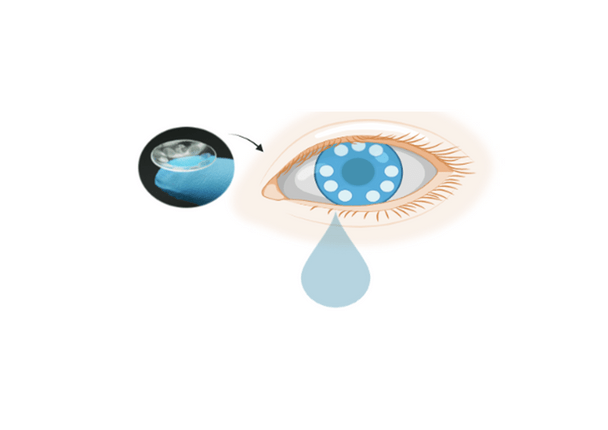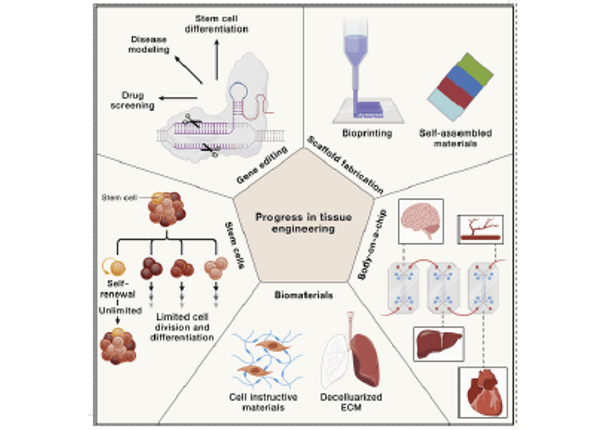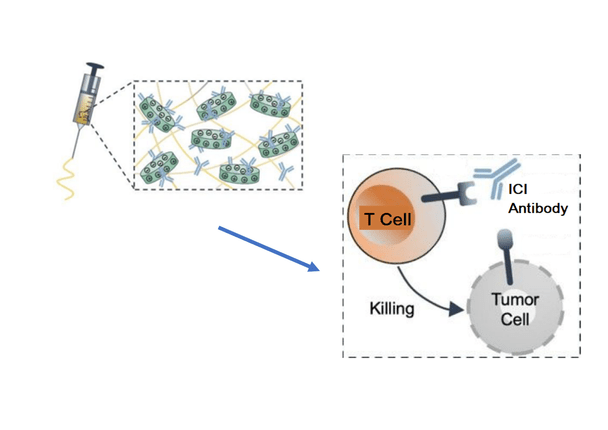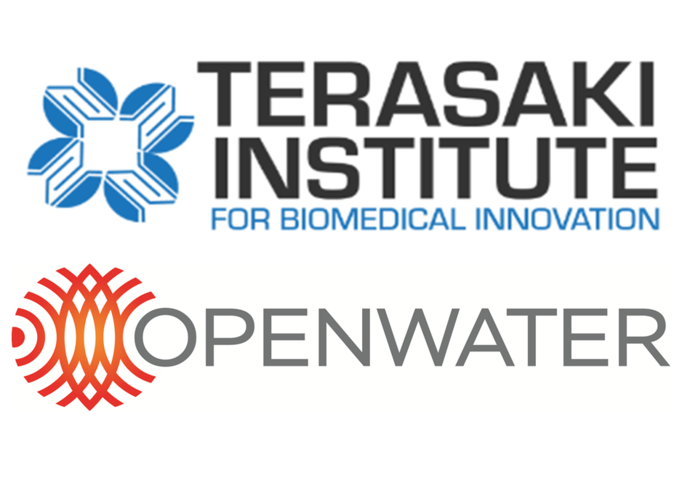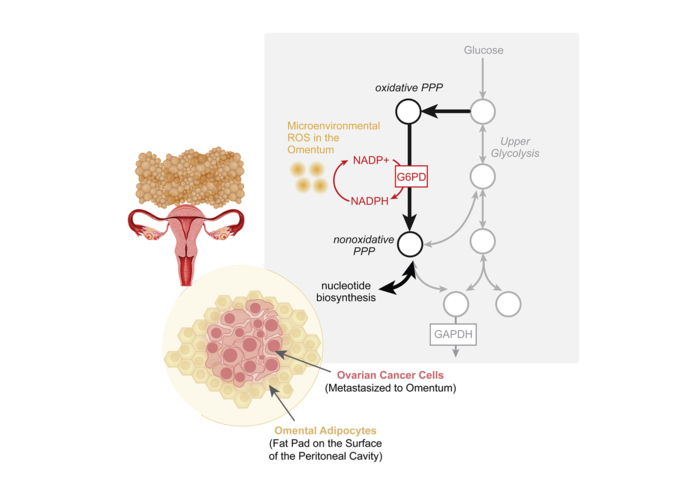By Ramadan Assi
In its tenth anniversary year, the annual WISH 2022 summit focused on four core themes: Sports and Health, Disability, Wellbeing, and the COVID-19 Legacy. The 2022 summit was unique, as it took place a few weeks before one of the most internationally anticipated sport events, the 2022 FIFA World Cup, which is scheduled to take place in Doha, Qatar, from November 20, 2022, to December 18, 2022.
News
News
Aneurysms are weaknesses in the venous walls that require immediate attention, as they can result in the ballooning and bursting of the blood vessels.
September 20, 2022
(LOS ANGELES) - These critical medical conditions are often treated using catheter-delivered blocking agents. The blocking agents are delivered into the vessels to stop blood flow in the affected area until the vessel wall can heal. The blocking material can then be removed or allowed to degrade naturally.
By Megan Bettilyon
Not all science leads to innovative outcomes – in fact, it’s rare when the day-to-day work of a wet-lab comes across something new. You can, however, stack the deck in your favor by encouraging yourself, and your team, to try something new. Push the boundaries of what is known and be willing to accept failure as a step toward success. You can choose to be innovative; you can choose to surround yourself with people who think differently. This is when the magic happens. This is where Terasaki recently found a way to change the game in how we can bring novel therapeutics to market faster, cheaper, and more effectively.
August 11, 2022
(LOS ANGELES) – Scientists from the Terasaki Institute for Biomedical Innovation (TIBI) have developed a contact lens that can capture and detect exosomes, nanometer-sized vesicles found in bodily secretions which have the potential for being diagnostic cancer biomarkers. TThe lens was designed to have microchambers with antibodies that can capture exosomes found in tears. This antibody- conjugated signaling microchamber contact lens (ABSM-CL) can be stained for detection with nanoparticle-tagged specific antibodies for selective visualization. This offers a potential platform for cancer pre-screening and a supportive diagnostic tool that is easy, rapid, sensitive, cost-effective, and non-invasive.
August 10, 2022
(LOS ANGELES) – In a recent paper published in Cell, TIBI scientist Mohsen Akbari, Ph.D., reviews the most recent breakthroughs and innovations in tissue bioprinting. He also presents its various applications, the remaining challenges and outlook for the future.
August 1, 2022
(LOS ANGELES) – Researchers at the Terasaki Institute for Biomedical Innovation (TIBI) have developed and optimized a minimally invasive method for more targeted, efficient, and sustained delivery of immunotherapeutic treatments for cancer. Such a targeted approach cuts down on the higher dosages and possible deleterious side effects that are experienced when more systemic treatment methods are employed.
July 6, 2022
(LOS ANGELES) – The Terasaki Institute for Biomedical Innovation (TIBI) has formally signed a collaborative agreement with San Francisco-based Openwater. TIBI, founded in 2020, fosters personalized medicine with their scientific research platforms for physiological models, devices, implants, cells, biomaterials and nutrition. They also incorporate business and technology transfer experts to adapt and develop their innovations for real-world use in the clinic.
July 1, 2022
(LOS ANGELES) – In their recent publication in Cell Reports, a team of scientists, led by Xiling Shen, Ph.D., Chief Scientific Officer at the Terasaki Institute for Biomedical Innovation (TIBI), has demonstrated the pivotal role of an enzyme, glucose-6-phosphate dehydrogenase (G6PD), in facilitating ovarian cancer (OC) growth and metastasis in the omentum, a curtain of fatty tissue found in the abdominal cavity.
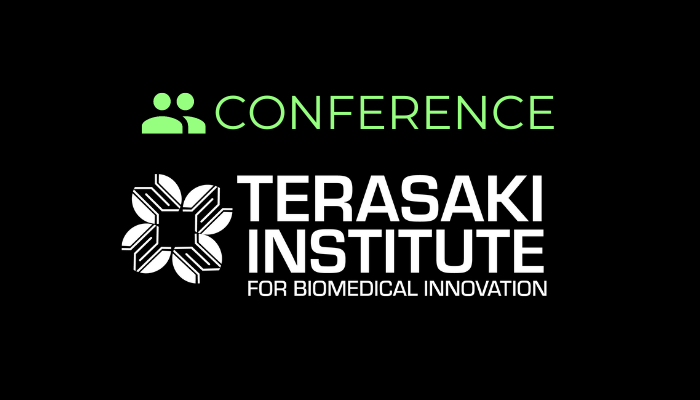
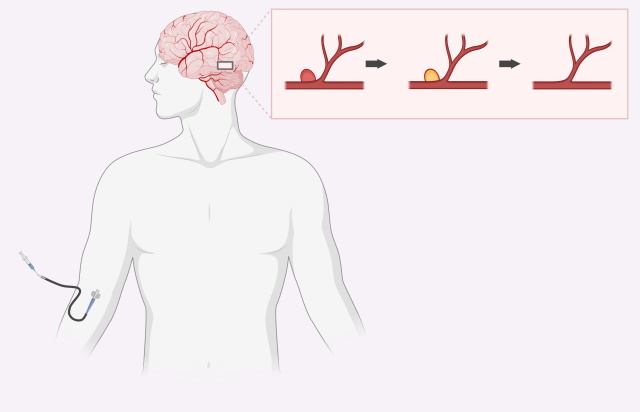
.png)
